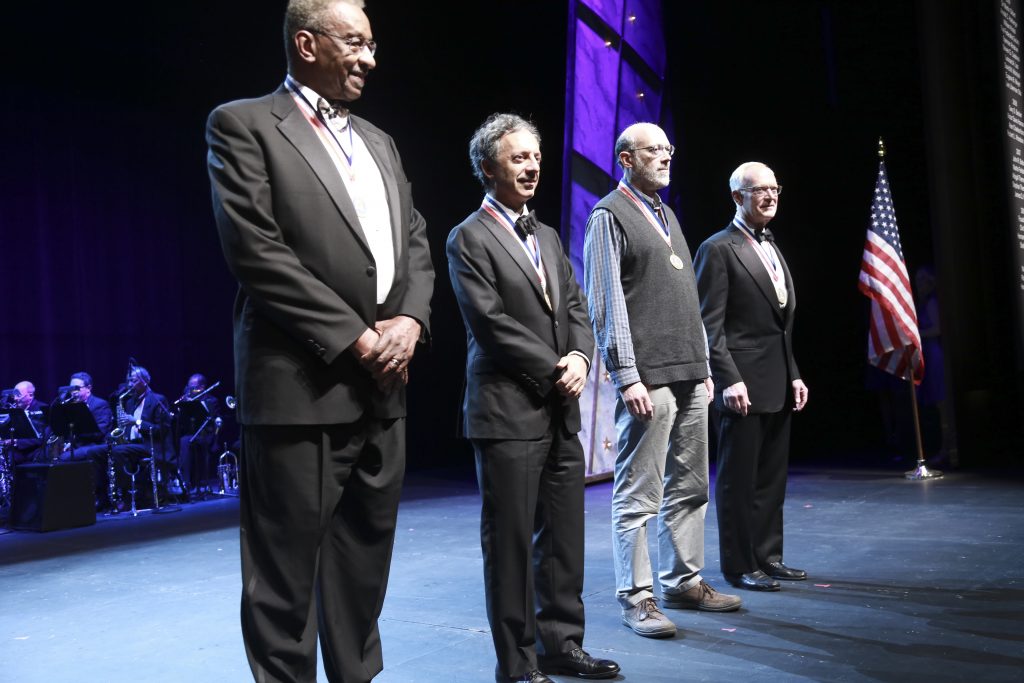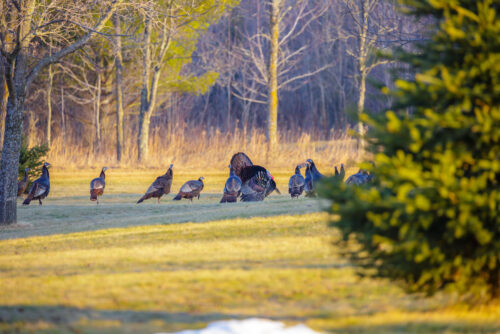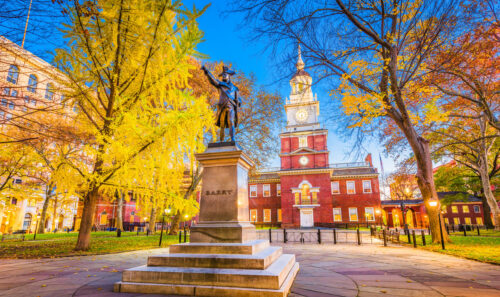Earlier this month, four distinguished scholars were each awarded a $250,000 prize from the Milwaukee-based Lynde and Harry Bradley Foundation during its annual Bradley Prizes ceremony in Washington D.C.
Washington Post columnist and master of ceremonies at the event, George Will, playfully referred to the honorees as the “Four Horsemen of the Apocalypse Prevention." In George Will's words, these men, all within their diverse fields of work and scholarly interest, have participated in a shared endeavor to address the current practices that "threaten our constitutional architecture."
The first awardee was distinguished economist, commentator, and academic, Walter E. Williams, who especially thanked all the teachers that challenged him and who "did not give a damn about my self esteem," he said among laughs.
Political scientist Peter Berkowitz was awarded for making "higher education high again," and for his work in defense of the liberal arts. Upon receiving the prize, Berkowitz delivered witty and thoughtful remarks on The Task of the Public Intellectual. "Without quite intending," Berkowitz said, "I have come to be regarded as a public intellectual... A whiff of disapproval hovers about the title. As if a public intellectual performs acts in public—intellectualizes—that a decent person would do only in private. And then, only under the severest compulsion."
Then came legal scholar and Columbia law professor Philip Hamburger, who spoke at length in opposition to administrative law, calling it "the central civil liberties issue of our era," and highlighted some of the insights gleaned from his magnum opus, Is Administrative Law Unlawful?
The final recipient, Christopher DeMuth (who served as president of the AEI from 1986 to 2008), gave a noteworthy award speech in defense of the role of think tanks. "Policy research institutes first appeared 70 years ago," DeMuth started, "there were essentially none before the 1940's." And they have risen to prominence, he said, in precisely a time when government and universities — the institutions to which think tanks are closest to — have "both lost touch with their ancient and essential purposes." For higher education, "these are to promote the scientific spirit, critical thinking, and the examined life in a world fraught with distractions." And for government, "to mediate social conflict" and "to provide the framework for freedom and prosperity." Think tanks, DeMuth argued, have taken on some of the tasks and responsibilities of these older institutions in a new and disruptive way, and in order to revitalize public discourse.
Nominations for the Bradley Prizes are solicited yearly from a national panel of more than 200 prominent individuals in the fields of academia, public policy research, journalism, civic affairs, and the arts, and are evaluated by a distinguished selection committee.
When conceived and executed properly, prizes such as this one can provide philanthropies like the Bradley Foundation with an effective way to reward, publicize, and strengthen the persons, organizations, and ideas they support. In the specific case of the Bradley Foundation, they have chosen to reward four public intellectuals, whose task "amid the democratic hustle and bustle and free market churn," as Berkowitz remarked, is "to illuminate the public interest."






